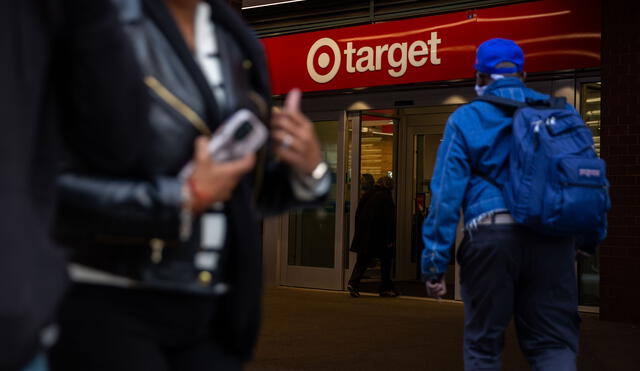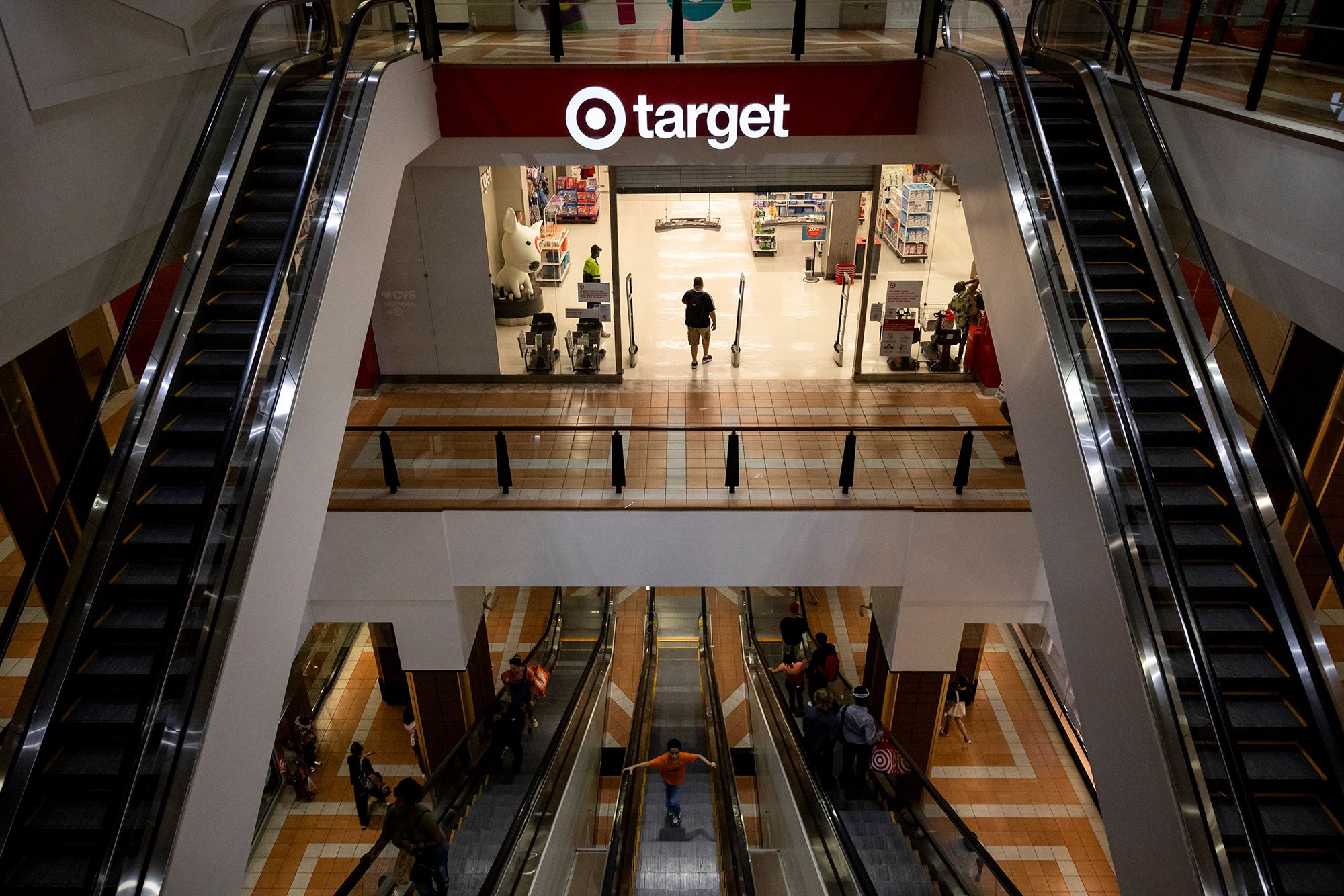Target faces 40-day boycott over reversal of diversity initiatives amidst economic challenges
A 40-day boycott against Target, initiated by Reverend Dr. Jamal Bryant, began on March 5, 2025, in response to the retailer's rollback of Diversity, Equity, and Inclusion (DEI) initiatives.

In a significant move reflecting the power of consumer activism, a 40-day boycott against retail giant Target started on March 5, 2025. This action, spearheaded by Reverend Dr. Jamal Bryant of New Birth Missionary Baptist Church in Georgia, responds to Target's recent decision to scale back its Diversity, Equity and Inclusion (DEI) initiatives. The boycott aims to leverage the economic influence of the Black community to hold corporations accountable for their commitments to social justice and equity.
Target, headquartered in Minneapolis, had previously pledged $2 billion to support Black-owned businesses by 2025, a commitment made in the wake of George Floyd's murder in 2020. However, in January 2025, the company announced a shift away from its DEI programs, introducing a new strategy called "Belonging at the Bullseye." This move has been perceived by many as a retreat from its earlier promises, prompting widespread criticism and the ensuing boycott.

Target was one of the most outspoken supporters of DEI. It's changed its tune. Photo: CNN.
Community response and economic implications
The boycott has garnered substantial support, with nearly 50,000 individuals signing up within a week of its announcement. Reverend Bryant has called for 100,000 "conscientious Christians" to participate in this economic protest, emphasizing the collective purchasing power of the Black community, which spends approximately $12 million daily at Target.
While the boycott aims to pressure Target into reinstating its DEI commitments, concerns have arisen regarding its potential impact on Black-owned businesses that partner with the retailer. Entrepreneurs like Carlton Mackey, founder of the lifestyle apparel brand Black Men Smile, have expressed mixed feelings. Mackey decided to pull his products from Target in solidarity with the boycott but acknowledged the complex dynamics at play, given the visibility and revenue that such partnerships provide.
Economic challenges amidst the boycott
The timing of the boycott coincides with other challenges for Target, including anticipated price hikes due to new tariffs imposed by the Trump administration. CEO Brian Cornell has warned that these tariffs, particularly a 25% levy on Mexican and Canadian imports, could lead to increased prices on essential items like fruits and vegetables. This development adds to the retailer's existing pressures, as it navigates a complex economic environment marked by shifting consumer behaviors and supply chain disruptions.
The current boycott is reminiscent of past consumer-led movements that sought to drive corporate change through economic pressure. However, experts caution that the effectiveness of such boycotts depends on their duration, focus and the ability to sustain public interest. While one-day protests may have limited impact, sustained efforts like the 40-day Target boycott could potentially influence corporate policies, especially if they significantly affect the company's bottom line.












